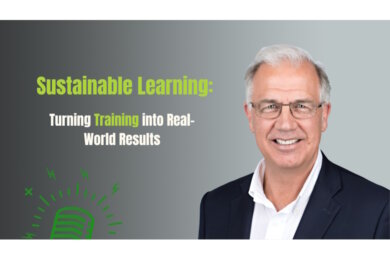
If you are a manager, you hear this all the time – “got a minute”.
One thing for sure, “got a minute” is never a minute. You want to be accessible, but you also you have your own task list to wade through.
A very simple ploy to limit the time on these interruptions is to always take them standing up. It encourages others to be more concise in their explanations. If you are already standing, stay standing. If you are sitting down, stand up and move away from your chair, or perch on the edge of your desk like you are just about to go somewhere.
Do you ask them what they want and how long it will take? If not, why not?
If within the first minute or two you realise it needs more than just a few minutes, and it can wait, say so. Then schedule a time to meet to give the issue the attention it deserves, and task the person to do something to move the issue forward before the meeting, or to bring some key information to the meeting.
What else can you think of to minimise unwanted interruptions?
Perhaps reorganise your space? Use some kind of ‘I am busy’ signal?
My best wishes, Paul




